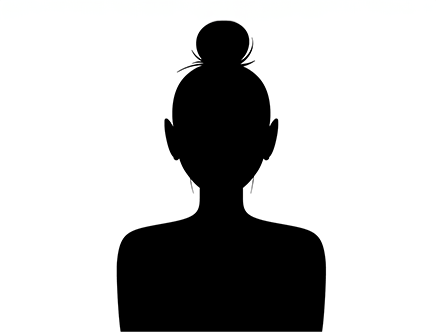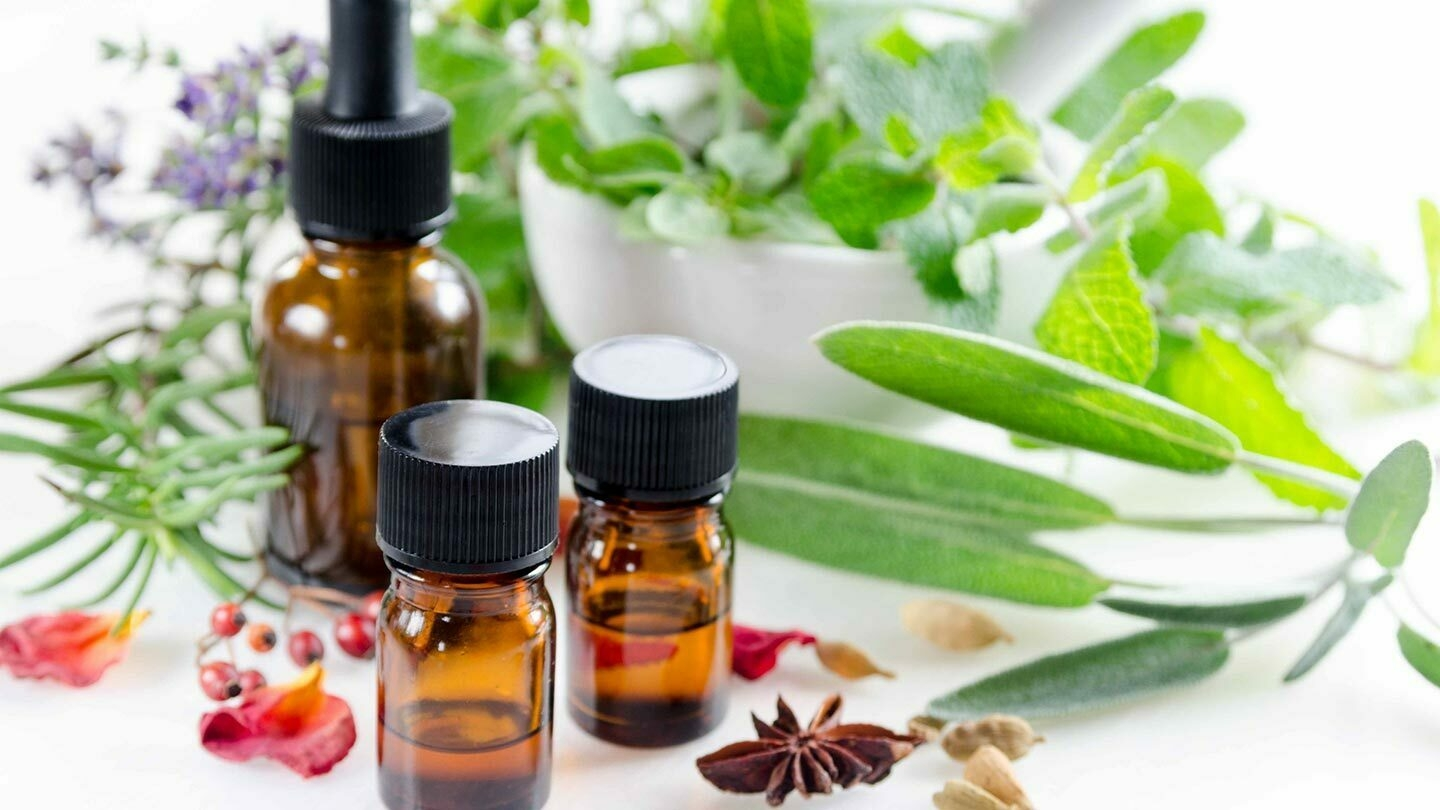Aromatherapy uses essential oils to make you feel calm, relaxed, or energised. The oils work with your sense of smell: you can inhale them, bathe in them or be massaged with them.
What is aromatherapy good for?
What to expect from aromatherapy
Different kinds of aromatherapy
Aromatherapy uses warm essential oils to activate your sense of smell and increase your sense of well-being. The oils are massaged into your skin, dropped into bathing water, or blended with other oils or steam for you to inhale.
The essential oils used in aromatherapy are extracted from raw plant material, which may be flowers, berries, bark, wood, roots, leaves, resin, peel or seeds. Only a small amount of essential oil is needed, which is blended with a larger amount of "carrier" oil, such as jojoba, sweet almond or grapeseed. Commonly used essential oils include flowers oils such as camomile, lavender, rose, geranium and jasmine, and oils extracted from trees such as eucalyptus, peppermint and sandalwood.
Aromatherapy works on the basis that the smell of the essential oils triggers the limbic system: the part of the brain linked with emotion. This is why a scent can affect how you feel, and help you relax. Smell is a very powerful sense that can also work with your memory. Certain smells can remind you of events, people and places. The smell can also take you back to how you felt about what you're remembering: your emotional memory.
The perceived healing power of essential oils is a main attraction of aromatherapy in complementary therapies. It is also the main question for the sceptic. Very little scientific research has been conducted into the efficacy of aromatherapy. One main difficulty is that it is virtually impossible to carry out randomised double-blind studies involving different smells. Studies have shown that lavender and rosemary decrease the stress hormone, cortisol (1), but many claims of aromatherapy enhancing emotional, physical or spiritual health cannot be tested scientifically. What we do have is many people giving anecdotal reports of improvements in these areas.
Aromatherapy and essential oils are often used to:
Holistic aromatherapy massage can have short-term benefits for psychological well-being and a positive though not sustained effect in reducing anxiety.(2)
The quality of aromatherapy varies. We recommend that you find a qualified practitioner, preferably one who has trained at a college accredited by the Aromatherapy Council. A good spa will be happy to provide information about the therapists who work there. You may want to phone ahead if you're worried about your medical history, any skin or other conditions or allergies.
Some essential oils are not suitable if you are pregnant or breastfeeding, or if you have:
Certain medications might also be affected by essential oils, including antibiotics, antihistamines, sedatives and anti-epileptic drugs. Check with your therapist before booking your treatment or seek medical advice.
Some oils, particularly citrus oils (such as orange, lemon and bergamot), react with ultraviolet light and can cause your skin to burn more easily. Ask your therapist for advice before exposing yourself to the sun.
Depending on the aromatherapy treatment you have chosen, you can decide how much or how little you want to wear. Essential oils can stain, so it might be wise to bring old clothes.
Watch what you eat and drink beforehand; some essential oils, such as clary sage, don't go well with alcohol and could make you feel sick.
At the start of a typical aromatherapy consultation, your therapist will ask about your medical history, general health, diet, sleep patterns and lifestyle. This is to help her decide which oils are most appropriate for you. Aromatherapists are not trained to make a medical diagnosis.
After choosing your essential oils, the massage therapist will blend them with a carrier oil (such as grapeseed or almond oil), then gently warm the mixture. Adding heat to the oil helps your skin to absorb it more effectively.
Depending on the treatment you're having, the therapist will massage the oil into your hands, feet or entire body. Your massage will be smooth and flowing, designed to instil a sense of relaxation and calm.
Every session is tailored towards you, your health and your mood at the time, so every session is unique. Aromatherapy usually lasts for about an hour, although your initial consultation might take longer.
Afterwards, you'll probably want to lie back and enjoy smelling beautiful for a while. Take time out to relax before you dash off anywhere. You may like to treat yourself to some essential oils to take home, too: use them for baths, in oil burners or for inhalation.
You can combine aromatherapy with a variety of other treatments, including:
If you have an aromatherapy massage, bear in mind that the oils can smell quite strong. If you have a shower afterwards, you are unlikely to lose that lovely smell, but you will get fewer odd looks on the street.
References:
1. Atsumi, T and Tonosaki, Smelling lavender and rosemary, Psychiatry Research, Vol. 150 (1), February 2007, pp89-96, http://www.ncbi.nlm.nih.gov/pubmed/17291597
2. A systematic review of the effects of aromatherapy on anxiety and well-being of patients in an intensive care unit with various conditions was carried out by Cooke and Ernst (2000). Six studies evaluated the effects of aromatherapy massage on anxiety or well-being in patients with cancer, patients who had cardiac surgery, and patients in an intensive care unit. Five of the studies reported that patients who received aromatherapy massage had small reductions in anxiety or improvements in wellbeing immediately after the intervention (foot massage with plain oil plus orange blossom oil; massage with oil plus aroma; massage plus lavender oil; and full-body massage with bland oil plus chamomile oil).
The authors concluded that aromatherapy massage has a small, transient effect on reduction of anxiety immediately after the intervention but there is no evidence of a lasting benefit. Cooke B. and Ernst E. 2000. Aromatherapy: a systematic review. Br J Gen Pract 50: pp.493-6. [Accessed July 2006]

Shy Spy
8th May 2013
Spy Likes:
Instant results; jasmine and frangipani scents; hot steam rooms; a good selection of magazines; modernist decor.
Spy Dislikes:
Whale noises (on CD, not in the pool hopefully); hard massage beds; tiny toilet cubicles; being spoken to like a child; lukewarm pools.
